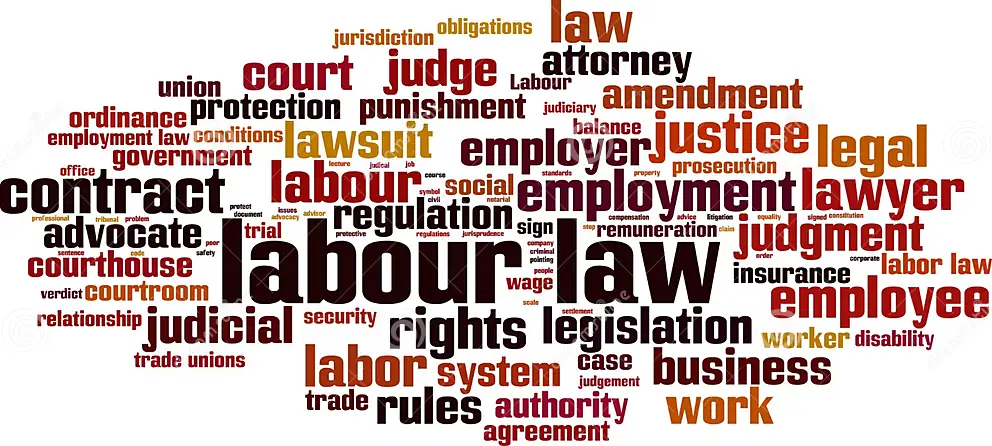Dubai’s real estate market is currently experiencing a significant housing boom, with tens of thousands of villas, apartments, and townhouses being developed. This dynamic market attracts both landlords and tenants from around the globe. To ensure a harmonious relationship between these parties, it’s crucial for both landlords and tenants to have a clear understanding of their rights as defined by Dubai’s rental laws.
The Real Estate Regulatory Agency (RERA)
Established to oversee the implementation of Dubai’s tenancy rules, the Real Estate Regulatory Agency (RERA) plays a pivotal role in regulating the relationship between landlords and tenants. RERA is dedicated to protecting the rights of both parties, promoting transparency, and ensuring a fair rental market.
Key Laws Under RERA
RERA enforces several critical laws that govern the landlord-tenant relationship in Dubai:
- Law No. (26) of 2007: Regulates the relationship between landlords and tenants.
- Law No. (33) of 2008: Amends certain articles of Law No. (26) of 2007, further detailing the landlord-tenant relationship.
- Decree No. (26) of 2013: Establishes the Rental Disputes Settlement Centre (RDC) to handle all types of rental disputes.
- Decree No. (43) of 2013: Specifically governs rent increases in Dubai.
Terms of the RERA Tenancy Law
To foster a clear understanding, landlords and tenants should be familiar with the following terms under the RERA Tenancy Law:
- Amending Tenancy Contract: Procedures and conditions for modifying the tenancy agreement.
- Terminating Tenancy Contract: Rules regarding the lawful termination of the tenancy contract.
- Vacating Notice: Requirements for notice periods when vacating a property.
- Tenancy Laws of Eviction: Specific conditions under which a tenant can be evicted.
Resolving Rental Disputes: A Guide for Landlords and
Tenants
To avoid and resolve disputes, it is essential for both landlords and tenants to understand the laws pertaining to eviction and the procedures for filing complaints.
Eviction of Tenants
Under Article 25 of Law No. (26) of 2007, amended by Law No. (33) of 2008, landlords can demand the eviction of tenants prior to the expiry of the contract under specific circumstances:
Prior to the Expiry of the Contract
A tenant may be evicted if they:
- Fail to comply with the law or the terms of the lease agreement.
- Do not pay rent within 30 days of receiving a written notice from the landlord.
- Misuse the property for purposes other than what was intended.
- Cause damage to the property, making it unsafe.
- Sublet the property without the landlord’s written approval.
In such cases, the landlord must provide a 30-day written notice to the tenant.
Other Cases Requiring a Twelve-Month Notice Period
A twelve-month notice period is required in the following situations:
- The landlord intends to move back into the property for personal use.
- The landlord wishes to have first-degree relatives live in the property.
- The landlord has decided to sell the property.
- Extensive renovation or maintenance needs to be conducted, which cannot be performed while the property is occupied.
- The property is to be wholly demolished or reconstructed. In these instances, the landlord must deliver 12-month written notice via a public notary or registered mail.
Conclusion
Dubai’s rental laws, regulated by RERA, are designed to protect the rights of both landlords and tenants, ensuring a balanced and fair rental market. By understanding these laws and adhering to the stipulated procedures, both parties can avoid legal disputes and maintain a harmonious relationship. Whether amending a tenancy contract, terminating it, or addressing eviction issues, clarity and compliance with RERA regulations are paramount for a smooth rental experience in Dubai’s thriving real estate market.



